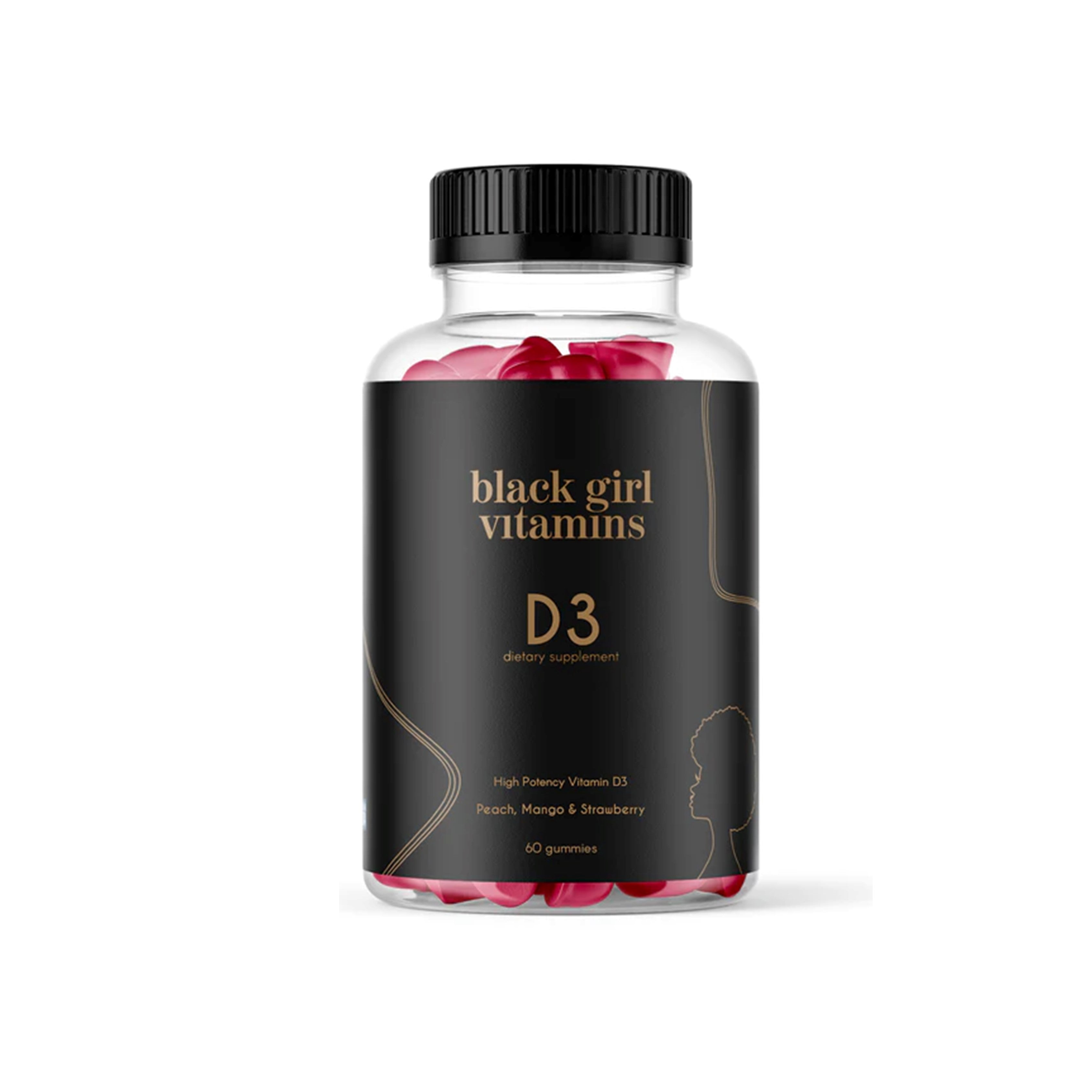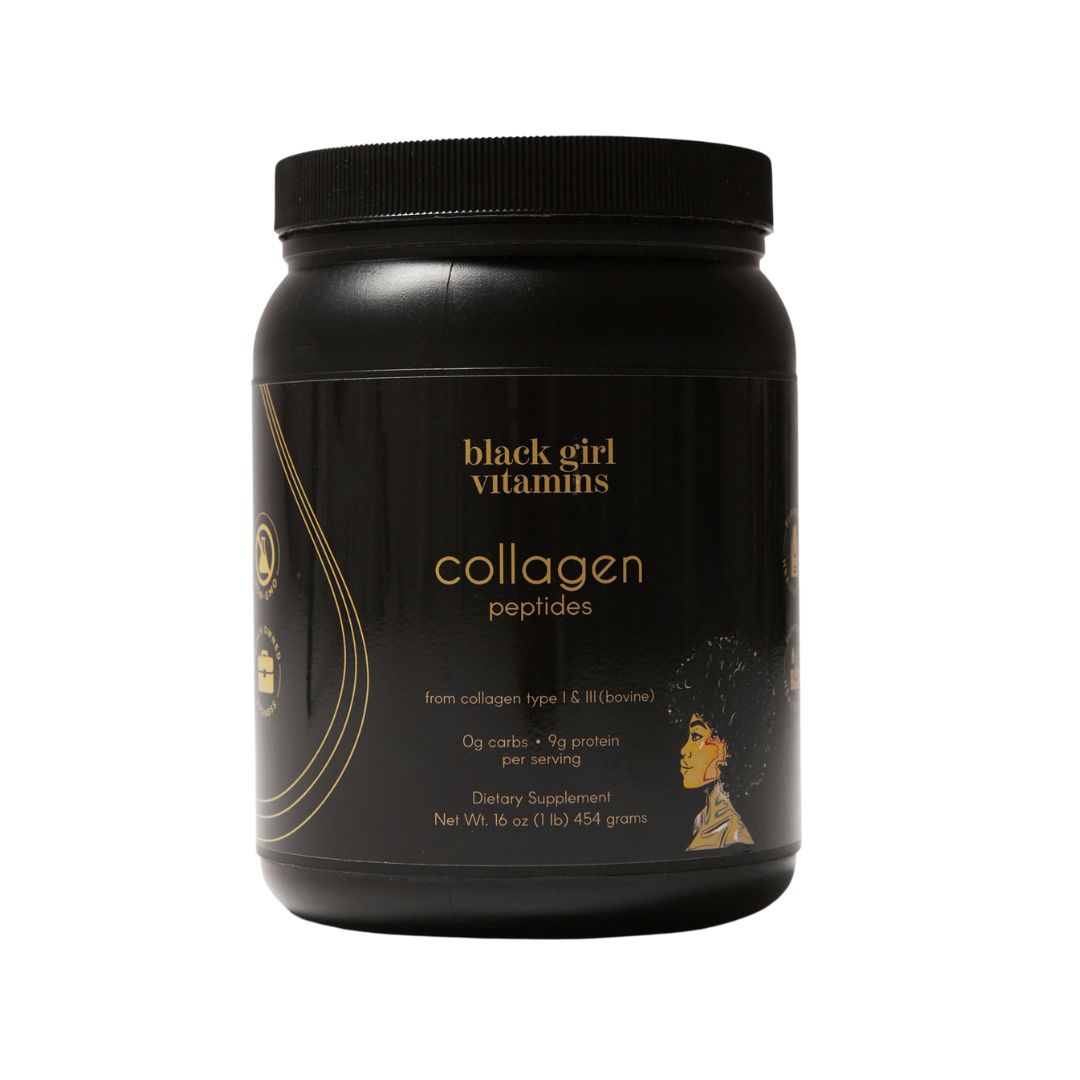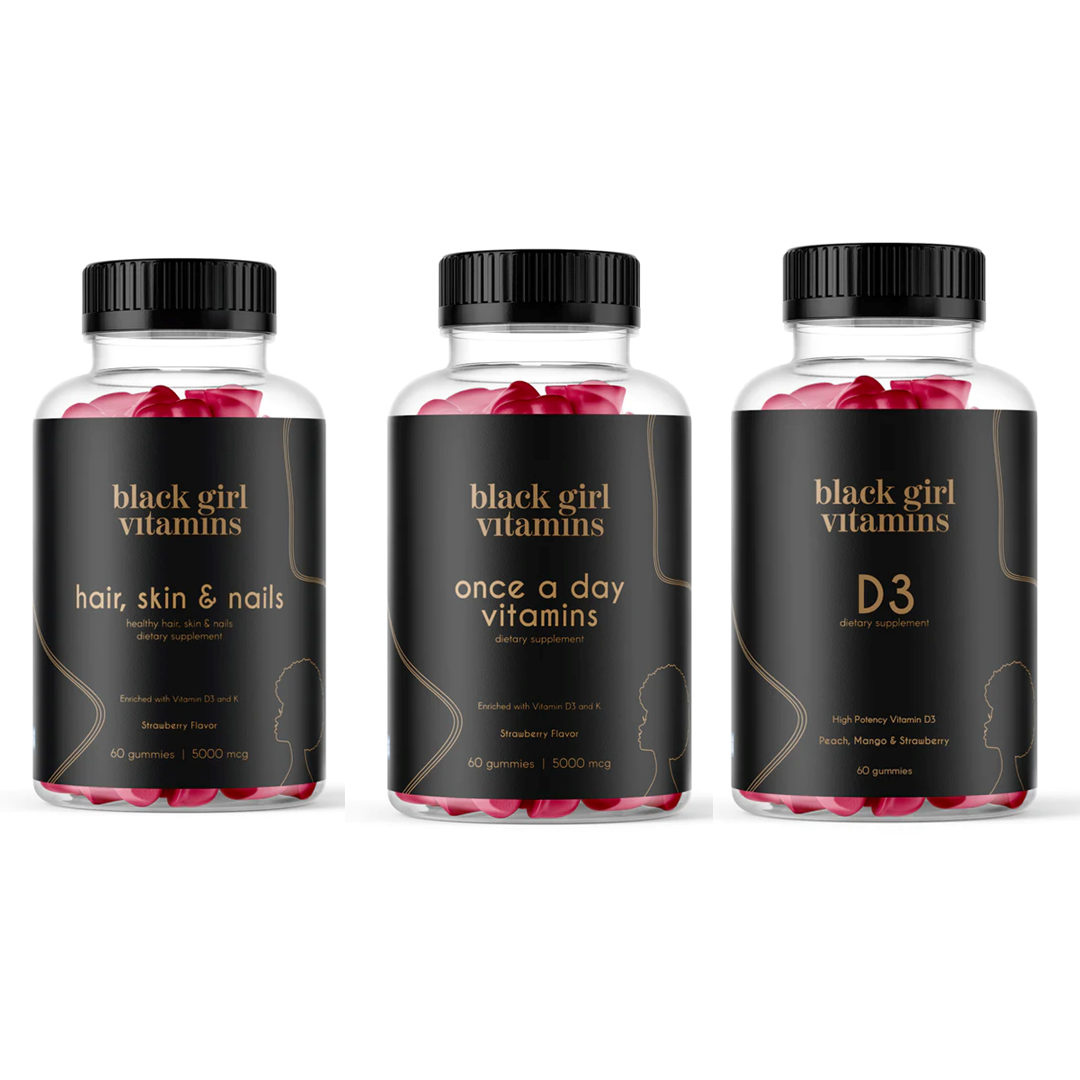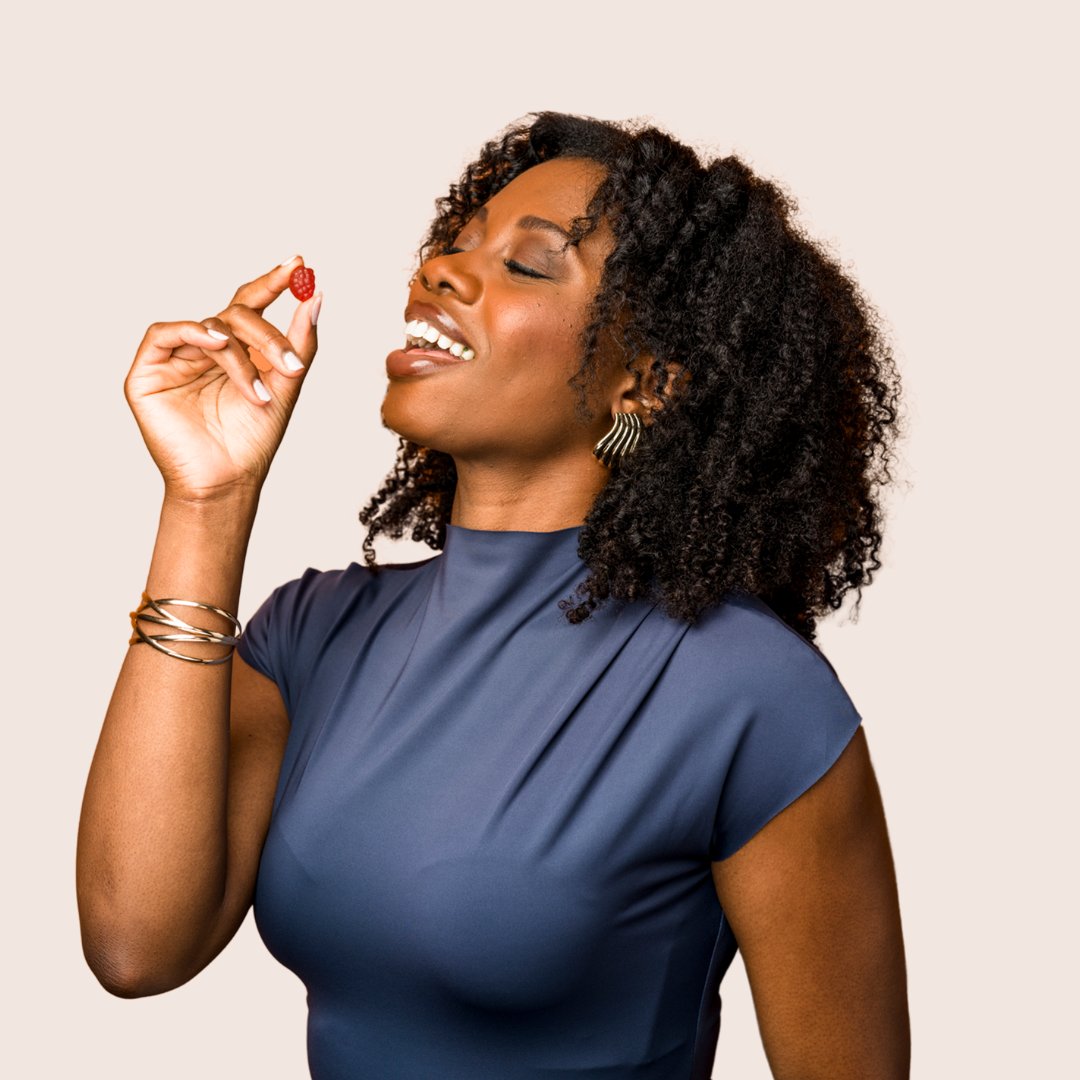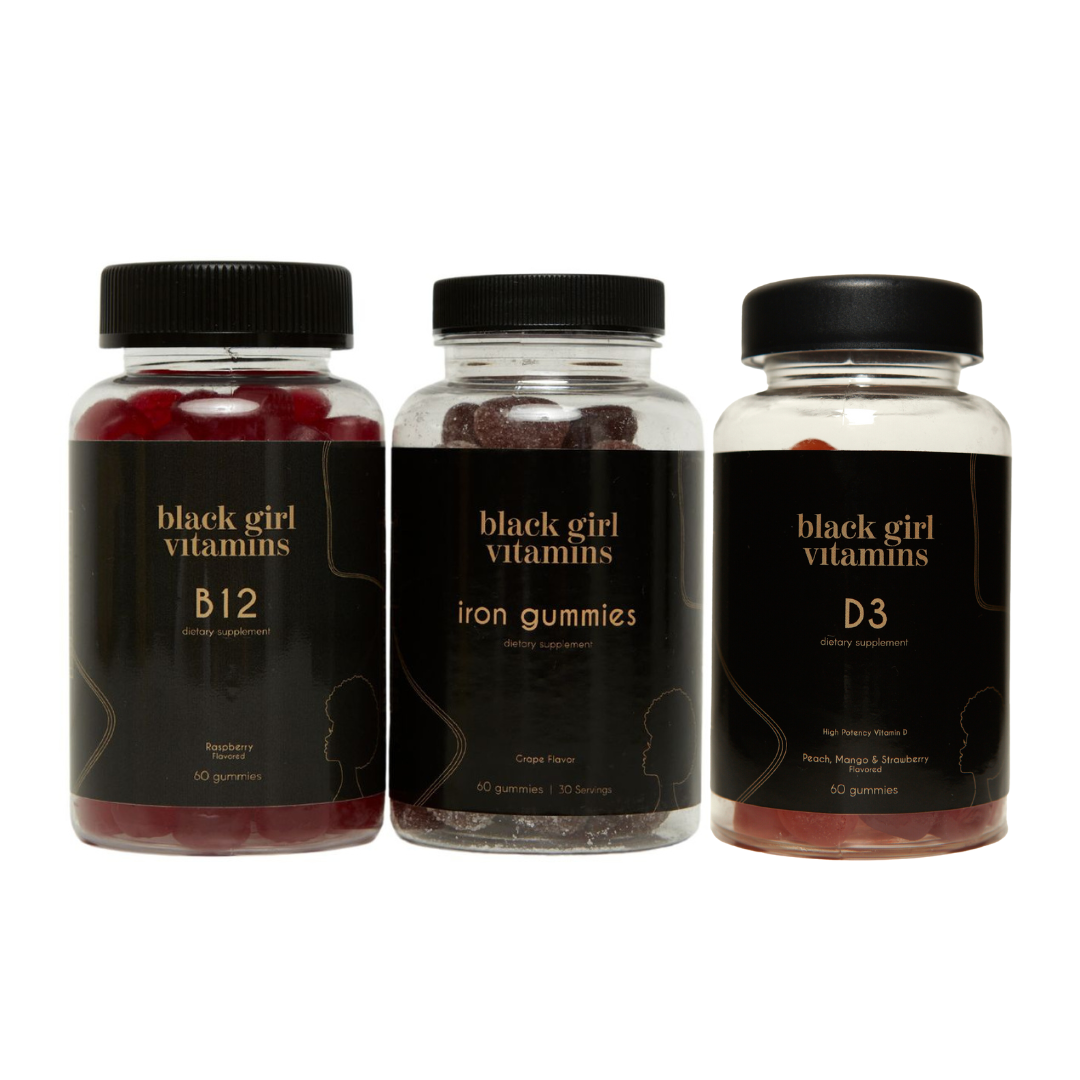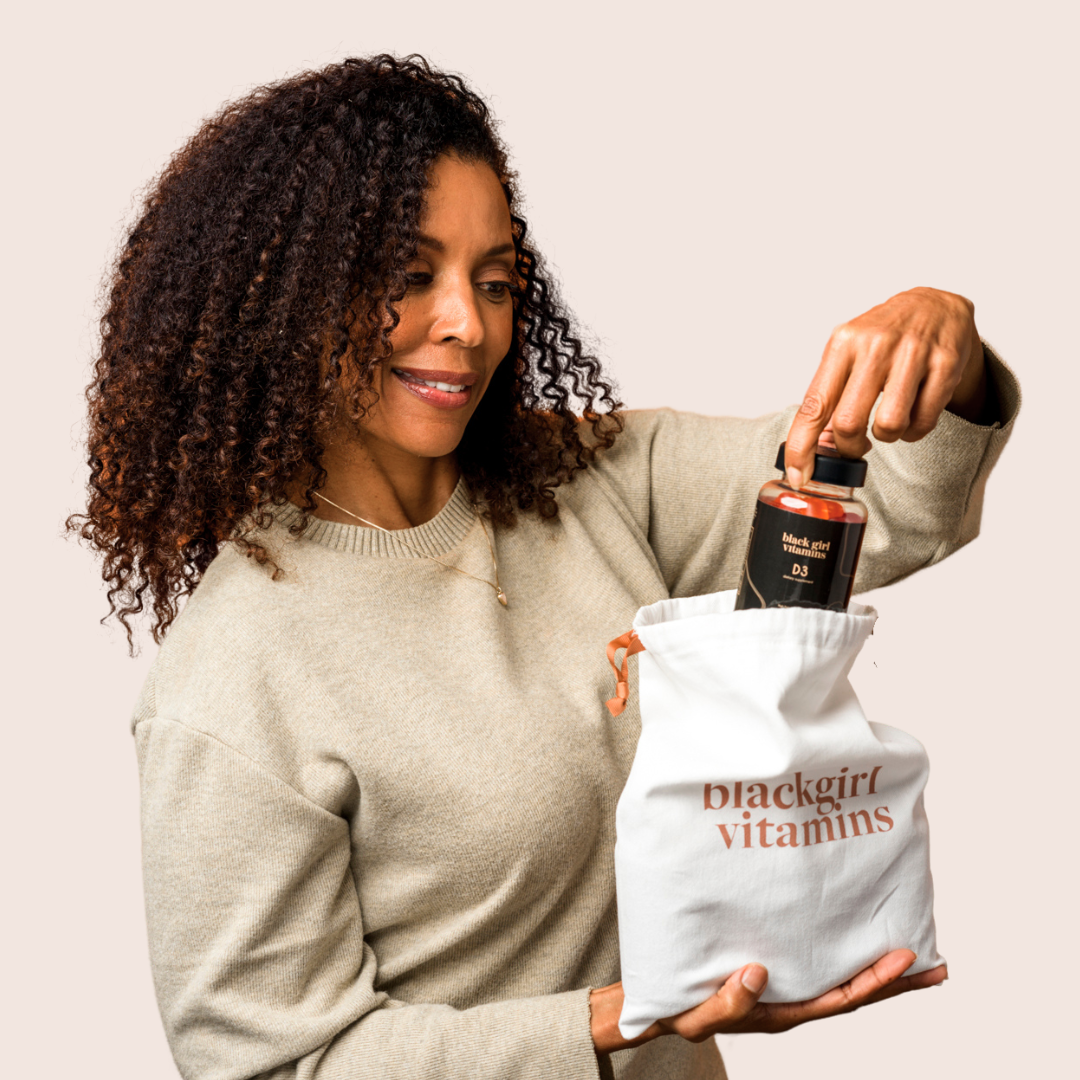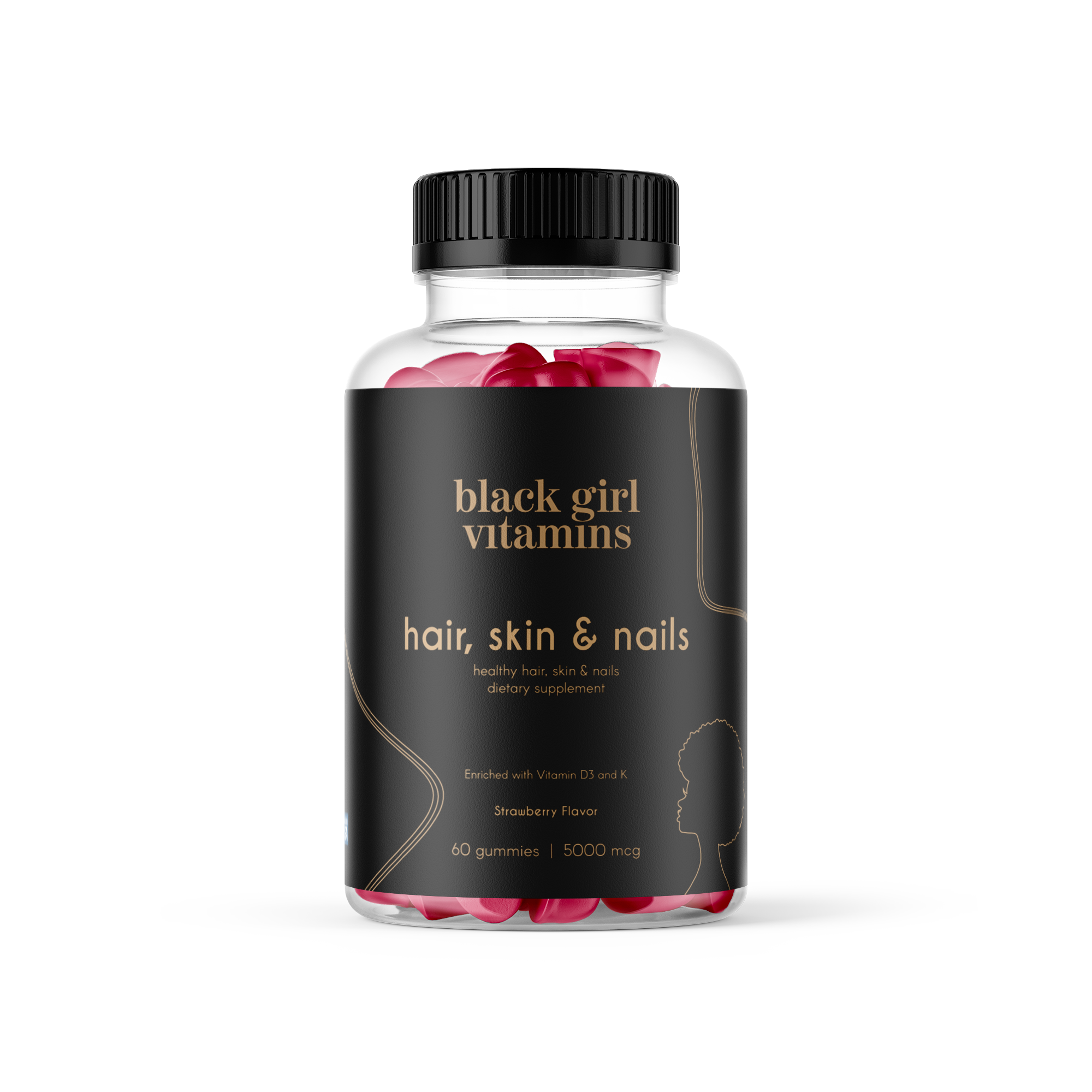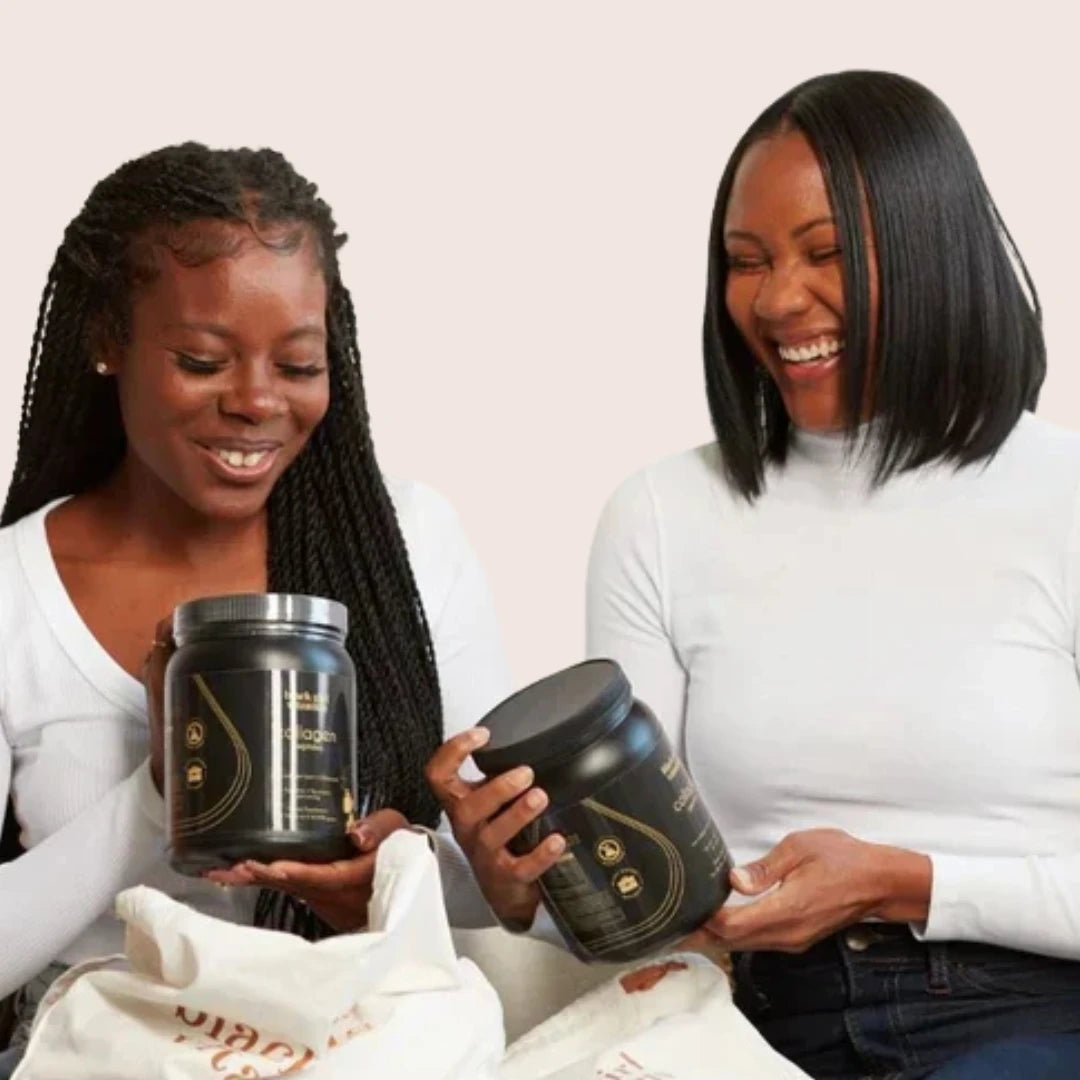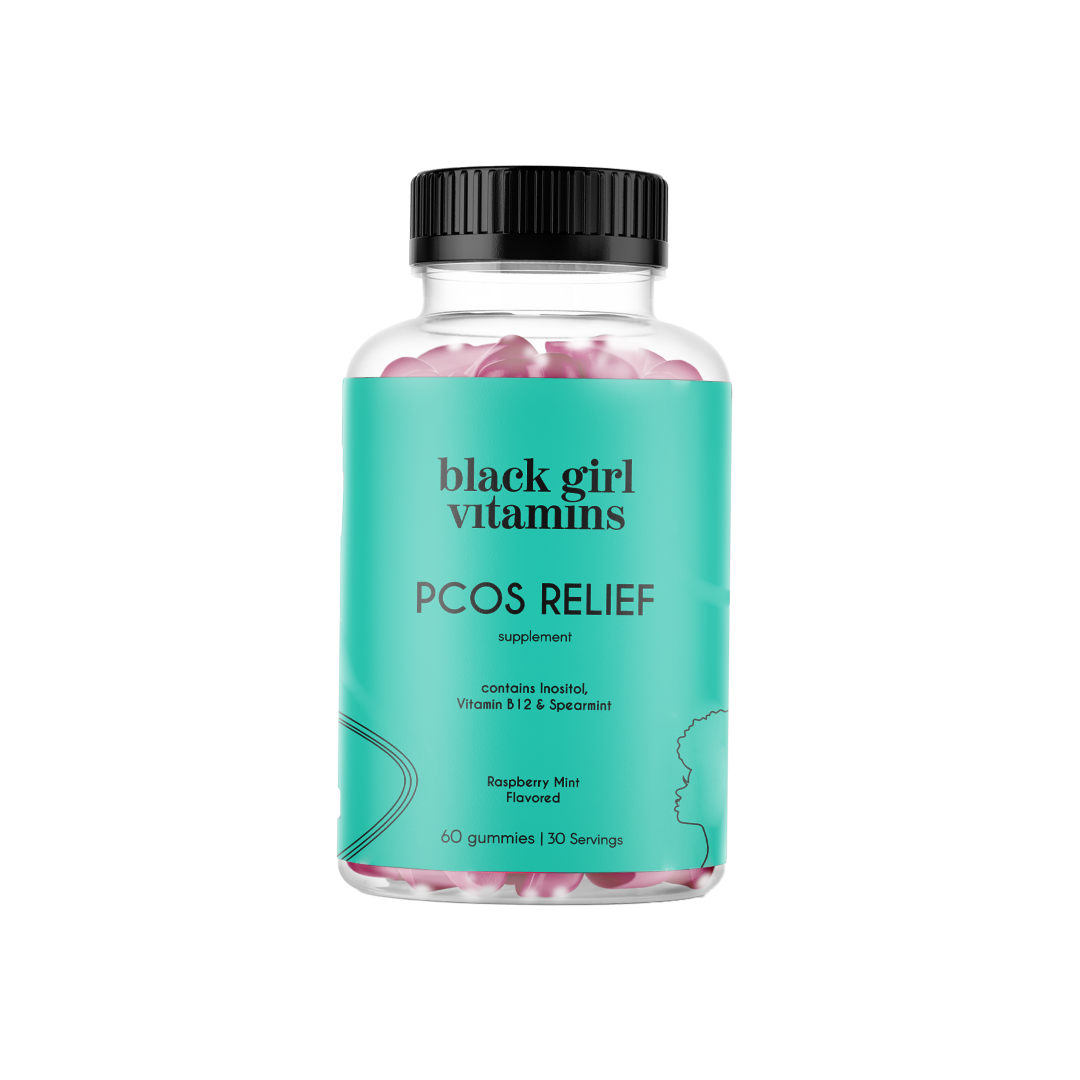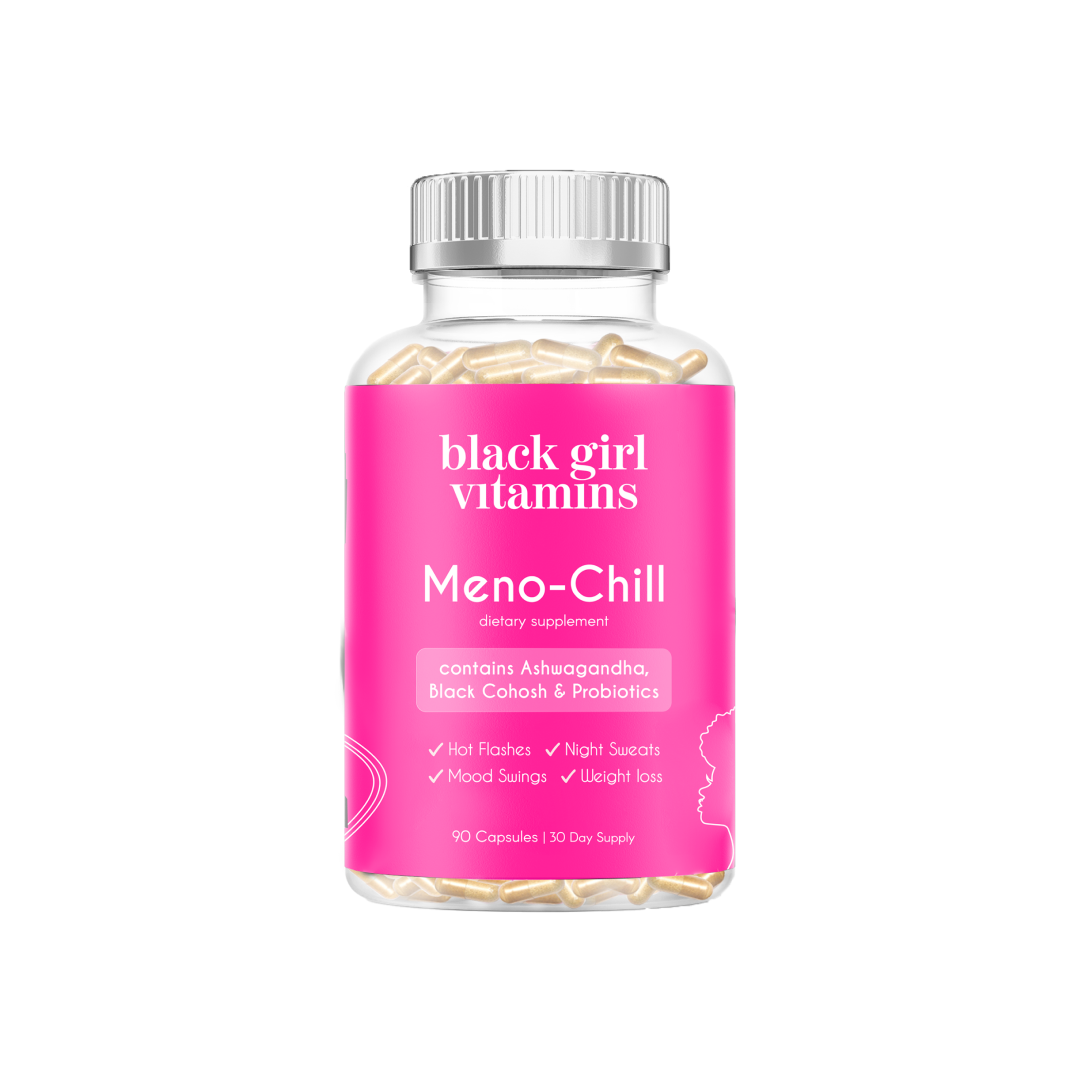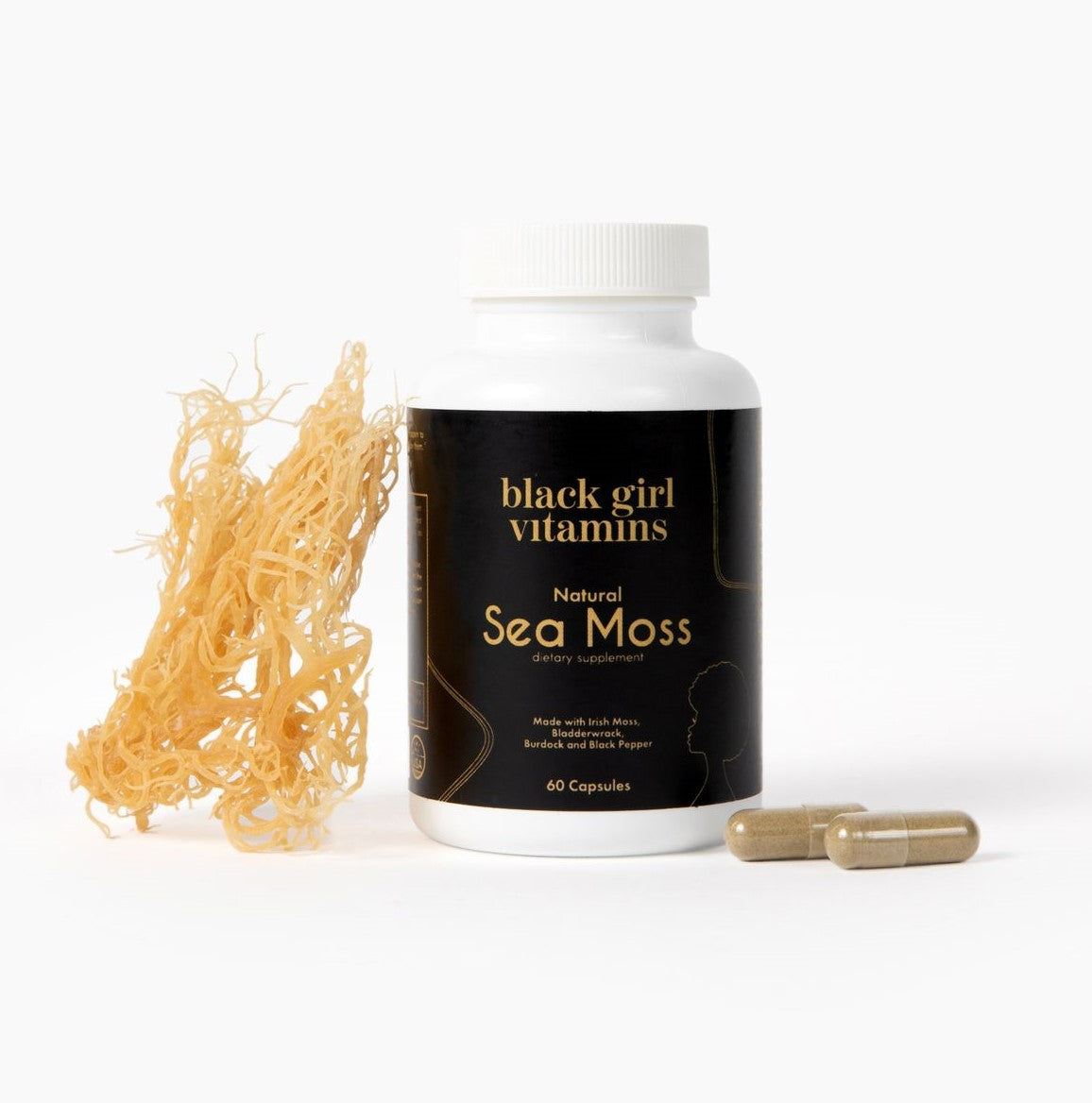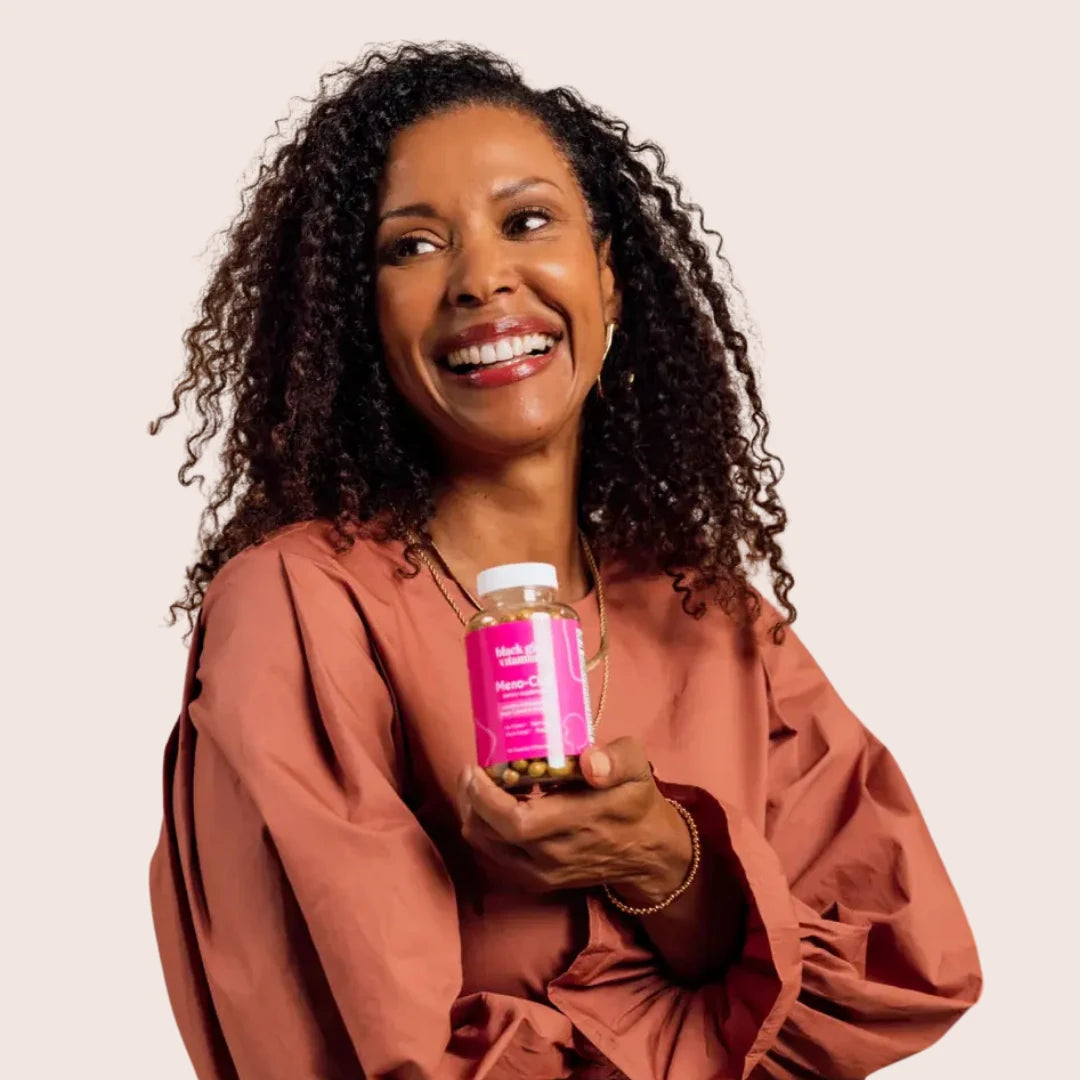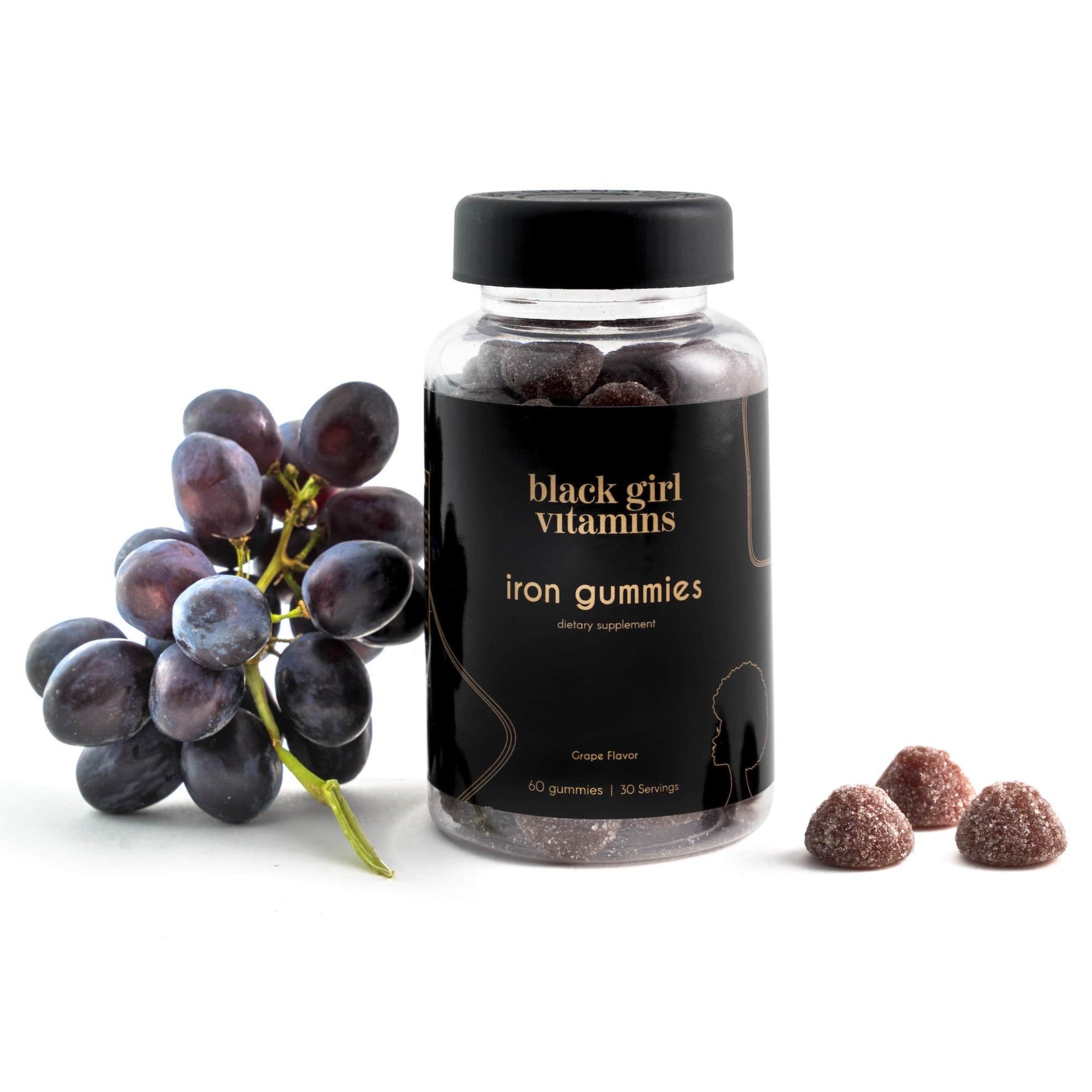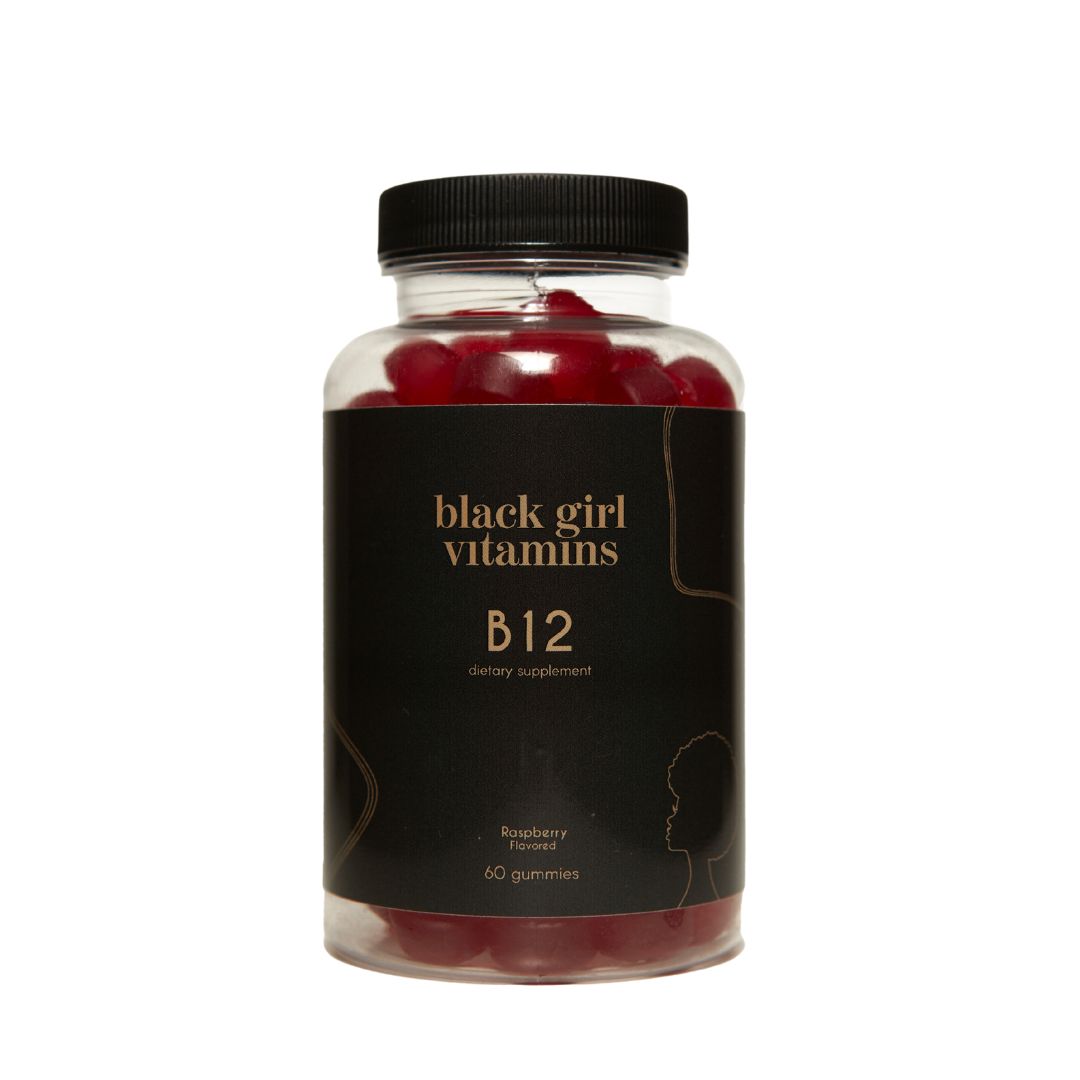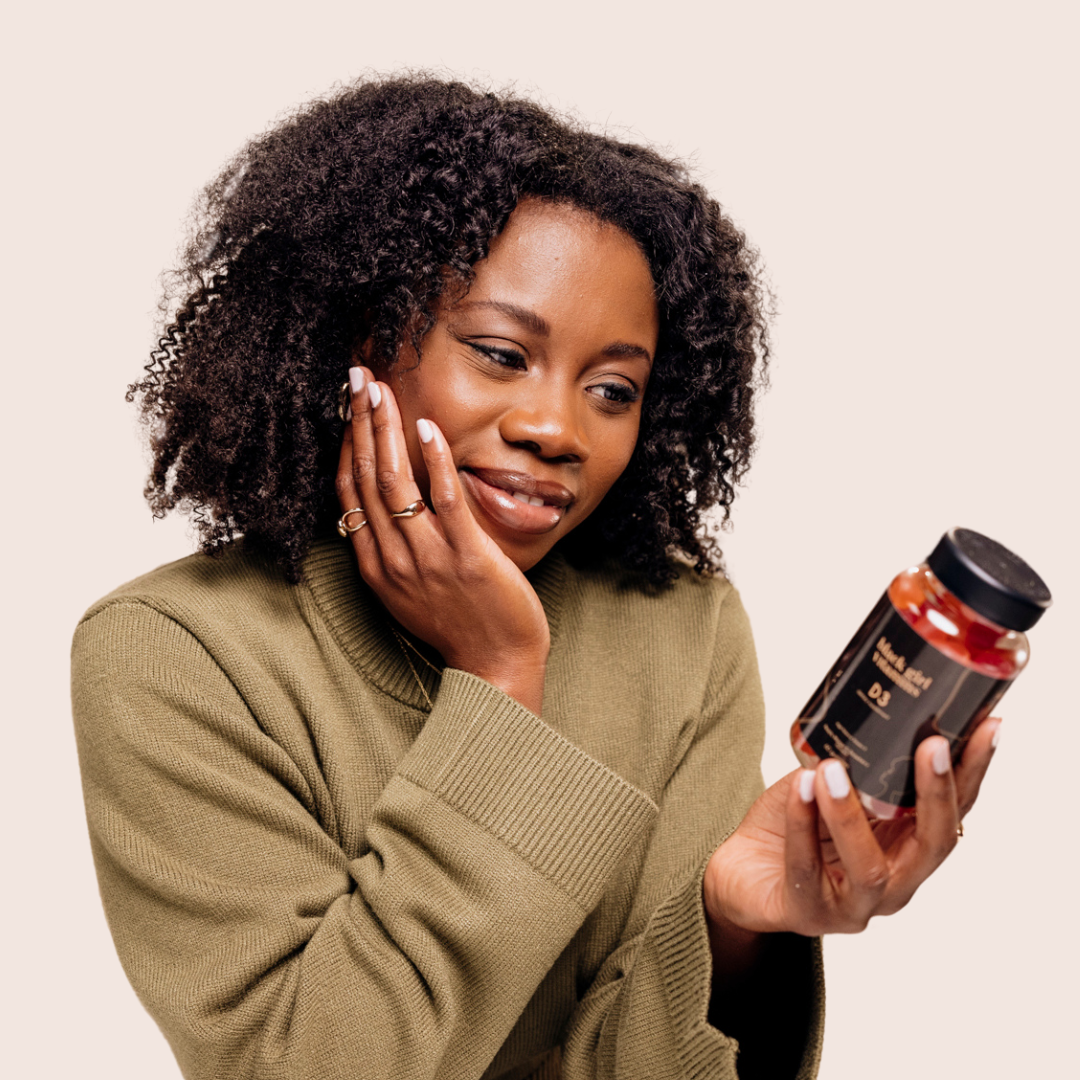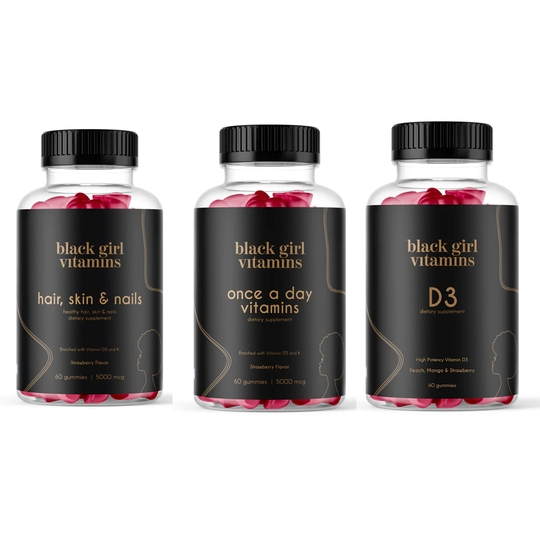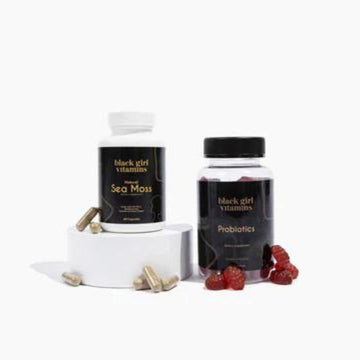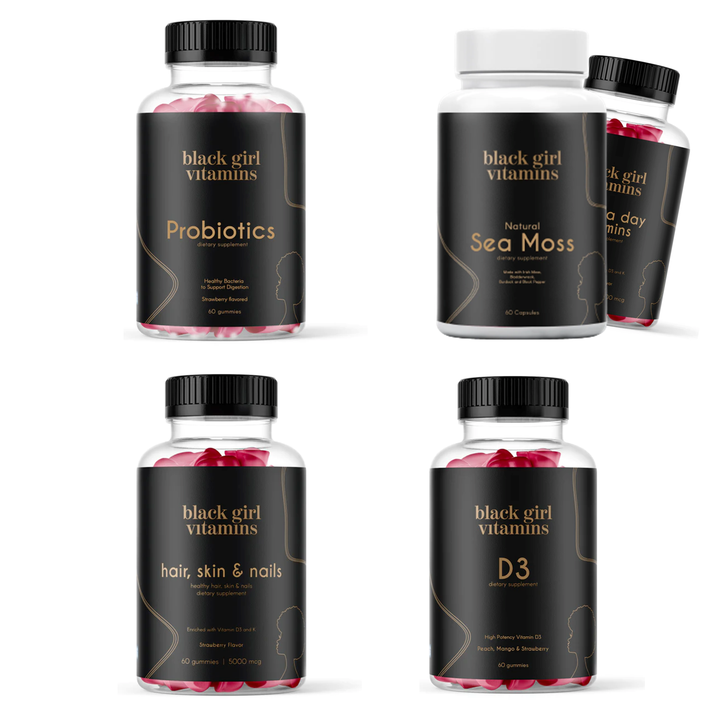The Importance of Vitamin D for African American Women Aged 44-65
Did you know a significant percentage of people worldwide, particularly within African American communities, are deficient in vitamin D? This deficiency sparks debates about whether vitamin D supplementation is crucial for maintaining optimal health.
Understanding Vitamin D
Often called the "sunshine vitamin," Vitamin D is both a natural nutrient in foods and a compound our skin produces when exposed to sunlight. It's essential for bone health and has significant roles in our endocrine, immune, and metabolic systems. While it can be sourced from foods like fatty fish, egg yolks, and fortified dairy, the most natural way to boost vitamin D is sunlight. However, factors like season, air pollution, and skin melanin content affect our skin's ability to produce it. For those with deeper skin tones, such as many African American women, vitamin D production can be particularly challenging.
D2 vs. D3: Which is Better?
Vitamin D is available in two forms: D2 (plant-based, e.g., sun-exposed mushrooms) and D3 (animal-based, e.g., salmon or tuna). Research shows D3 is more efficient in raising and maintaining serum vitamin D levels.
How to Gauge Your Vitamin D Levels
The best marker for vitamin D status is the serum concentration of 25-hydroxyvitamin D (25(OH)D). While debates on the ideal level continue, most agree that below 30nmol/L indicates a deficiency. However, organizations like the WHO and the US Endocrine Society set the bar at <50nmol/L.
How Much Do You Need?
-
Sunlight: Light-skinned individuals need about 10 minutes of daily sunlight at lunchtime from March to September. But given the melanin content in African American women, dietary intake becomes even more critical.
-
Dietary Recommendations:
- Adults: 600 IU/d to maintain bone and muscle health.
- Older Adults (44-65): 600-800 IU/d. The exact amount varies based on other health factors.
- Note: Always consult with a healthcare provider to understand specific needs, especially if considering supplements.
Conclusion
Understanding vitamin D's importance and ensuring optimal levels, especially for African American women between 44 and 65, can be a significant step towards holistic health. Always discuss with a healthcare expert before starting any supplementation.





